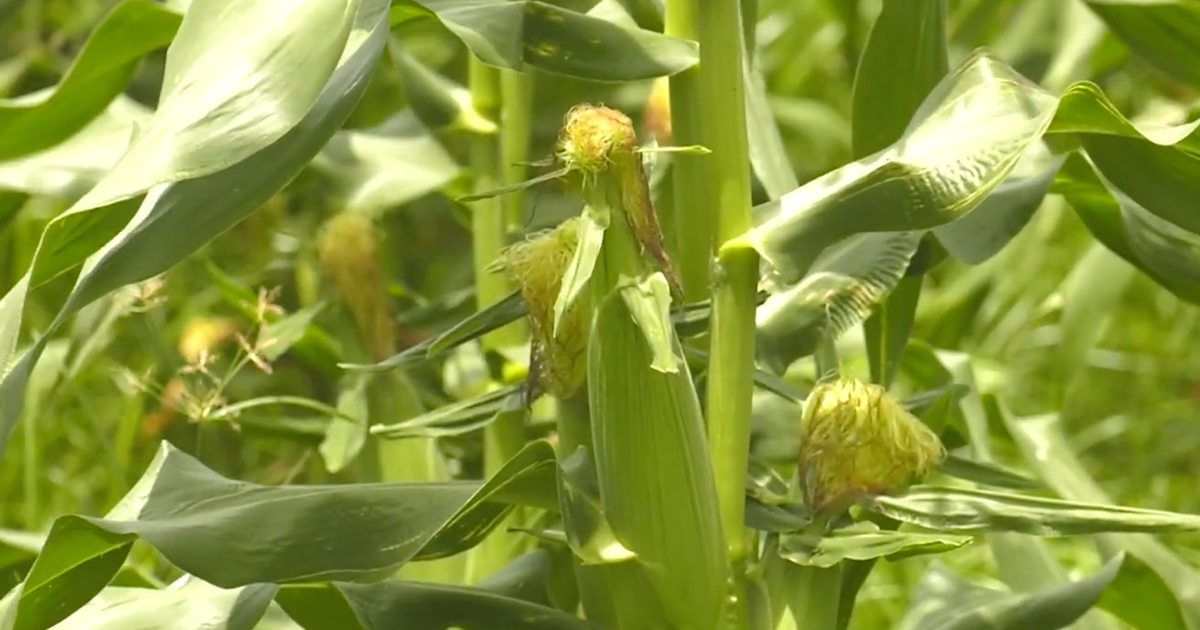Brinson, GA |
Nothing says Summer like fresh, Georgia sweet corn, and producers here in the southwest part of the state are hard at work getting this season’s crop out of the field and to market. This year has been a good one for producers as the great growing season has led to great yields and great quality.
“So far, the growing season has been really optimum. We’ve had mild temperatures and very few hard rains, so it’s going good. Really high yields; yields are good, the quality is good, we’re having a really good growing season,” says Glenn Heard, Owner of Heard Family Farm.
However, according to Heard, Florida growers have also had a good season, which has caused a surplus in the market, which means they’re having to leave some of their crop in the fields unharvested.
“Typically, we overlap with Florida some and usually one or the other of us, have production issues, but this year we didn’t. They had good corn and we had good corn, so now we’re having a marketing problem because we got too much good corn in both places. When we have a bad market, we cannot harvest all the corn, so that corn is destroyed. Now, we try and stay up on maturity, so we maintain good quality and we have to skip. When it gets too old, we skip that and go to some new corn,” says Heard.
According to Heard, another issue they’re dealing with is the cost of their needed inputs, which have skyrocketed in the last few years and has inflated their cost of production.
“It’s corn, so, it needs a lot of fertilizer and water, probably more than any other crop we have, but other than that, we have a lot of insecticides, we’re not allowed to use GMO corn, so we have to control all the pests and insects with insecticides and we have to do it on a regular basis, too. The input cost is just overwhelming us with the market prices we’ve had to endure the last few years,” says Heard.
Heard says that the weather has also been a concern this Spring, as too much rain can take too much out of their soil and storms, particularly wind, can completely ruin their crop.
“If we get the right amount of rain, that’s good, but if we get too much, with our sandy soil, it leeches our nutrients out, so we have to replace every time we get big rains. What worries us the most about storm systems is wind; if sweet corn gets blown over at any time during its growing season, it generally will not produce a quality ear,” says Heard.
By: John Holcomb

